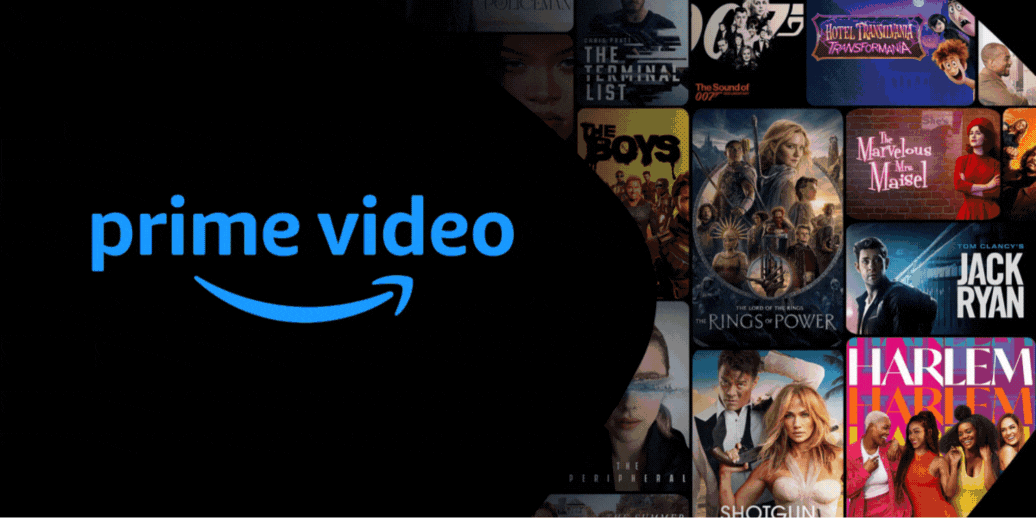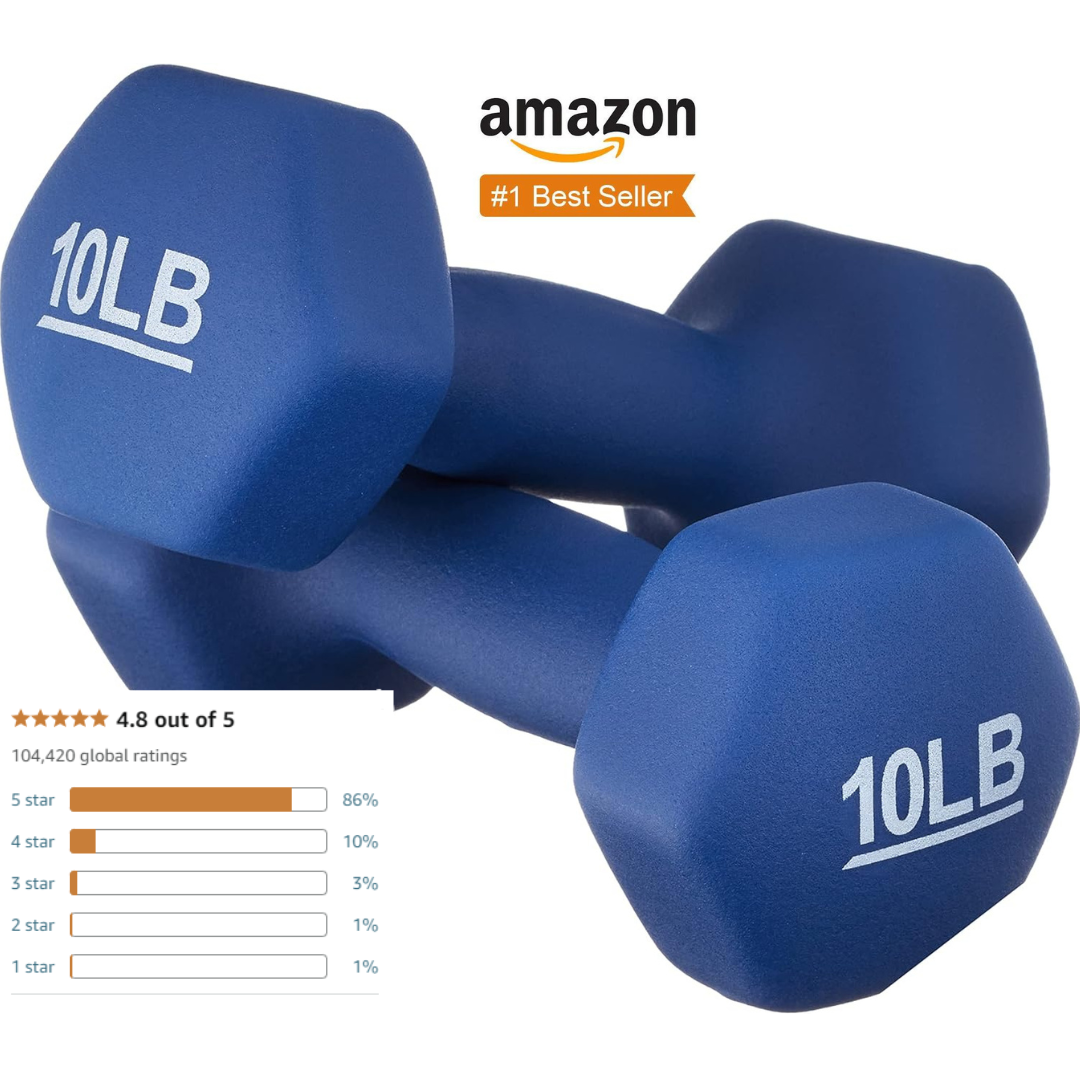- Every undercover operation is a high-stakes poker game; you play with your life as the chips.
- The line between agent and criminal blurs in the field; you gotta remember which side you’re really on.
- Adrenaline becomes your closest ally and your worst enemy when you’re wearing a mask that can’t slip.
- Undercover isn’t just about deception; it’s about survival in a world where one slip can mean death.
- You learn to wear your alias like a second skin; the danger is in forgetting to take it off.
- The badge weighs heavy, but the heart often weighs heavier. Balancing them is the real challenge.
- Every decision has a personal cost; in this job, you learn to pay it or get out.
- You can’t help but bring the job home—it tests your relationships, carving lines deep and permanent.
- The job asks you to be a hero, but sometimes it takes more heroism to be human.
- In law enforcement, your emotions are both your sharpest weapon and your greatest weakness.
- After Escobar, Cali seemed different—more corporate, more elusive, like chasing a shadow in fog.
- Transitioning to the Cali Cartel wasn’t just a change of target; it was a whole new war game.
- Cali wasn’t just another cartel; they were a sophisticated enemy, hidden not in jungles but behind legitimate facades.
- Hunting Cali required a different set of tools—subtlety over force, cunning over firepower.
- With Cali, it was not about dismantling chaos, but unraveling a network woven tightly into society.
- The job forces you to make choices where the line between right and wrong is as thin as a razor’s edge.
- Sometimes the right decision isn’t clear, and the ethical path is obscured by the fog of war.
- Working with informants is a dance on a tightrope of trust, where any step could be your last.
- Corruption tests your integrity, and every compromise feels like a small defeat.
- In this job, you face moral questions that textbooks can’t answer; you have to rely on your gut.
- Working with the CIA, you quickly learn that every alliance has its agenda and every partnership its price.
- The CIA partnership was crucial, but it was a delicate balance of power, trust, and often, conflict.
- You learn to read between the lines, because with the CIA, not all is as it seems.
- Collaboration is key, but in the field, you’ve got to watch your back, no matter who’s supposedly on your side.
- With the CIA, the end often justified the means, but living with the means is the hard part.
- In Colombia, politics is a more dangerous game than narcotics.
- Every political move had a ripple effect; we had to be as much diplomats as agents.
- Navigating Colombian politics was like walking through a minefield—one wrong step, and everything blows up.
- Alliances were fleeting, opposition fierce; understanding this was key to our survival and success.
- In the war on drugs, Colombian politics was sometimes an ally, often an adversary.
- Technology gave us eyes and ears everywhere, turning the tide in battles we used to fight blind.
- With tech, we could do in seconds what used to take days—track, trace, and target.
- Drones, wiretaps, satellite imagery—it’s like having an invisible army.
- As the traffickers evolved, so did we, harnessing technology to stay one step ahead in the cat-and-mouse game.
- Technology was a game changer, but it also raised new ethical questions—how much surveillance is too much?
- The war on drugs left deep scars—on the land, on the people, on the soul of nations.
- We fought to curb the supply, but the demand was always one step ahead.
- This war wasn’t just about narcotics; it was about stability, power, and the cost of both.
- Looking back, the victories were mixed with losses; it’s a legacy of both success and sorrow.
- The war changed the map of global drug trafficking, but at what cost?
- The job took more than time—it took pieces of who I was, and who I could have been.
- Sacrifices came with the badge; missing birthdays, anniversaries, the moments that make life normal.
- You pay with your peace of mind, sleepless nights haunted by faces and what-ifs.
- The deeper you go, the more you sacrifice; it’s a lonely path, paved with hard choices.
- For every kingpin caught, there was a personal cost, paid in solitude and silence.
- Life after the cartels was never really ‘after’; the shadows linger, the fight continues.
- The battlefield changed, but the war goes on—new players, same game.
- Retirement is a misnomer; you never really retire from this life, you just find new battles.
- Lessons from the front lines inform my every day; you can leave the fight, but it never leaves you.
- The fight against narcotics taught lessons in resilience, strategy, and the enduring human spirit.
The Realities of Undercover Work
Balancing the Badge and the Heart
The Search for the Cali Cartel
Ethics in Law Enforcement
Partnership Dynamics with the CIA
The Influence of Colombian Politics on DEA Operations
Technological Innovations in Drug Enforcement
Legacy of the War on Drugs
Personal Sacrifices for the Mission
After the Cartels









